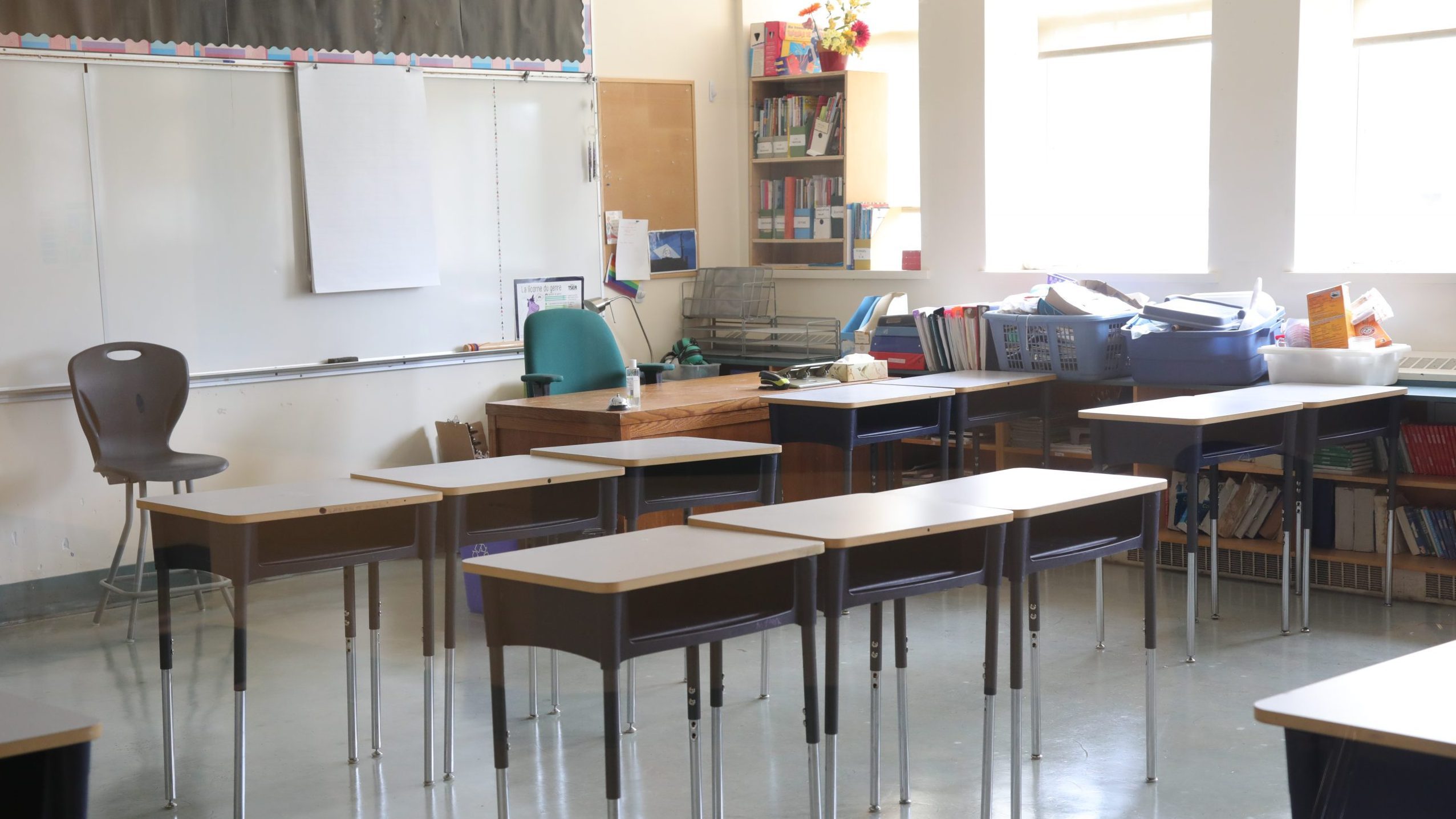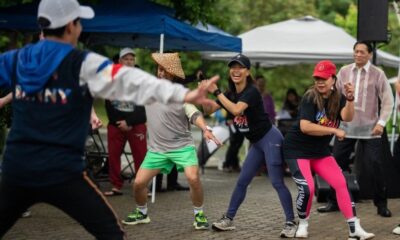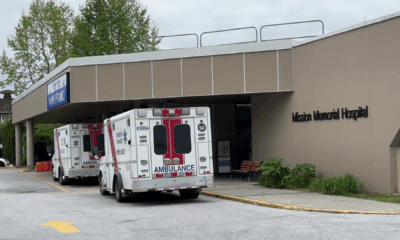Local News
B.C. Ombudsperson to investigate schools excluding students from education

The province’s ombudsperson is launching an investigation into widespread complaints of children being excluded from B.C. schools.
In a news release Tuesday, Jay Chalke and the Office of the Ombudsperson said they have received complaints from across the province about children, including those with disabilities, being excluded from school with little or no instruction.
Chalke tells 1130 News Radio that he’s heard a range of individual complaints and believes there’s more to the story.
“And so we thought that this is a matter of broad, general interest, and all kids in British Columbia should be receiving an education. And so we wanted to see the forest, not just the individual trees,” said Chalke.
He explained that students are excluded — sometimes for parts or much of the school day — due to disruptive or unsafe behaviour, or inadequate resources to support the student’s learning.
“What we’ve heard from families is sometimes they are being informally asked to come pick their child up almost every day; that their child is sometimes required to be in school as little as an hour a day or only on some days during the week; and that, in some cases, people are not having any instruction when they’re not in class.”
Chalke says B.C. law requires that students receive a certain number of hours of instruction per year. Whether the practice of exclusion is informal or not, the ombudsperson says the investigation seeks to establish its effect on students.
“We will examine the extent to which K-12 students are being excluded from schools across the province and whether those exclusions are fair. We will assess the role of the Ministry of Education and Child Care and school districts in these exclusions,” Chalke said in the announcement.
Kaori Lau, a secretary with BCEdAccess Society, says this issue of exclusion is the whole reason that her organization was created.
Lau says the charity, which serves families of students with disabilities and complex learners, is “delighted” by the investigation, and hopes the provincial government takes note of its findings.
“In the end, it’s still a systemic problem. We, of course, want these recommendations to go to the ministry of education and child care, because that’s where change needs to happen. Exclusion happens because of resources and the way professionals are trained. That all comes from the top right, from the ministry,” said Lau.
In a statement to 1130 NewsRadio, Lisa Beare, Minister of Education and Child Care, says she appreciates the Ombudsperson’s attention to the issue.
“My ministry and I will continue to work closely with all 60 school districts, advocates, our education partners, and partner ministries—such as the Ministries of Health and Children and Family Development—to identify gaps, improve supports for students with disabilities or diverse abilities, and make our schools more inclusive for everyone now and in the future,” said Beare.
She says the BC NDP government has more than doubled funding to school districts for inclusive supports and services since 2017, but acknowledged that “barriers remain.”
Chalke says the investigation mirrors a similar Ombudsperson report from 1995, titled ‘Fair Schools,’ that looked at the value of inclusion.
“Children have limited options to address unfairness in their education and school environments. By examining this issue we can make recommendations to support the ministry and school districts in meeting their inclusive education commitments and obligations to all students,” he wrote.
Chalke says the investigation will include broad coverage of data from districts around the province, school visits, and community visits.
Beginning Tuesday, the ombudsperson launched a confidential questionnaire for students and families.












